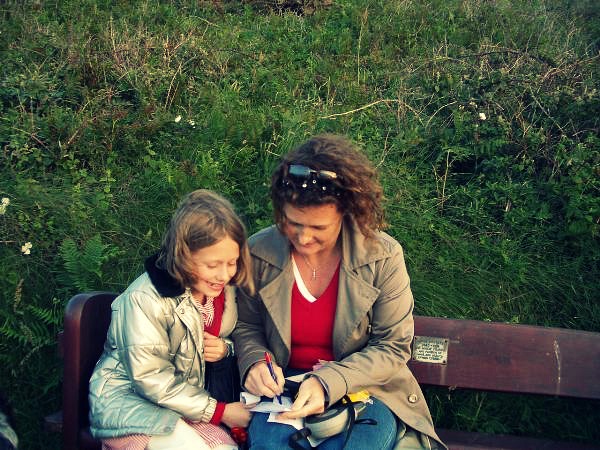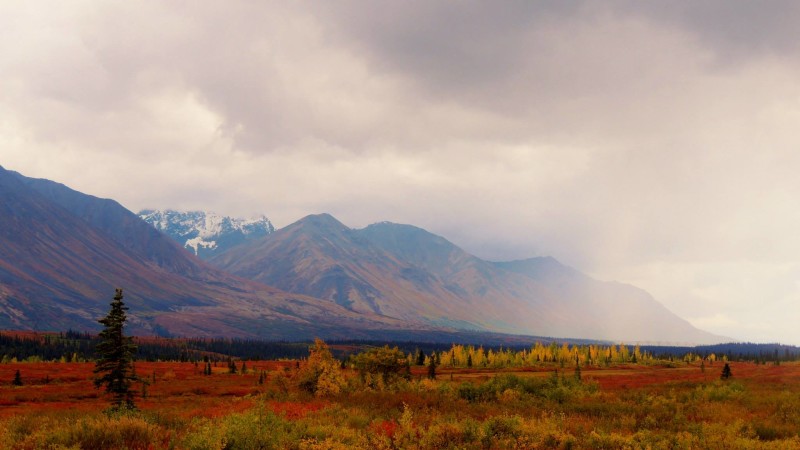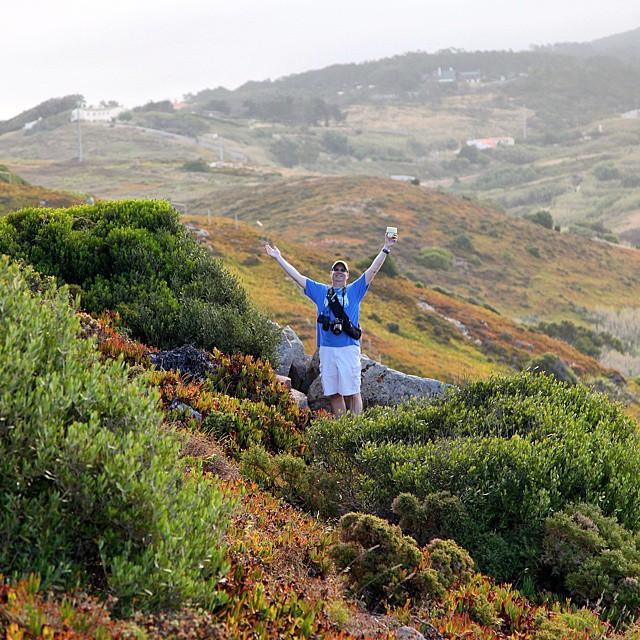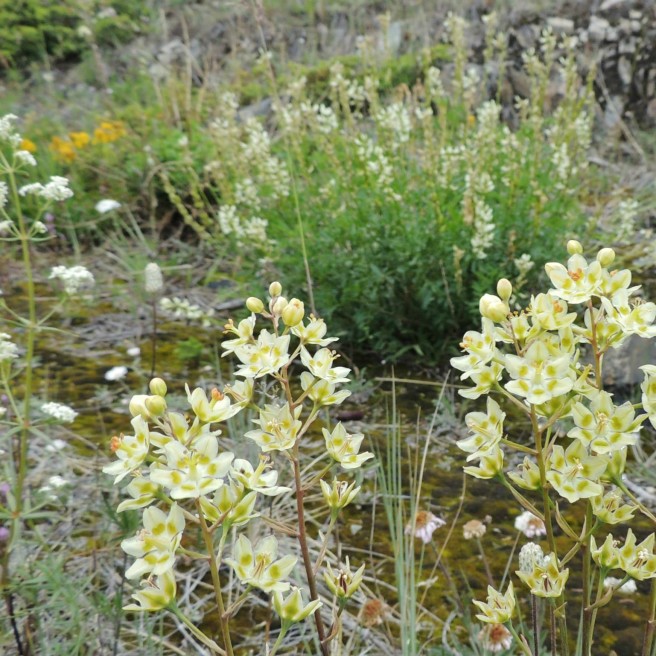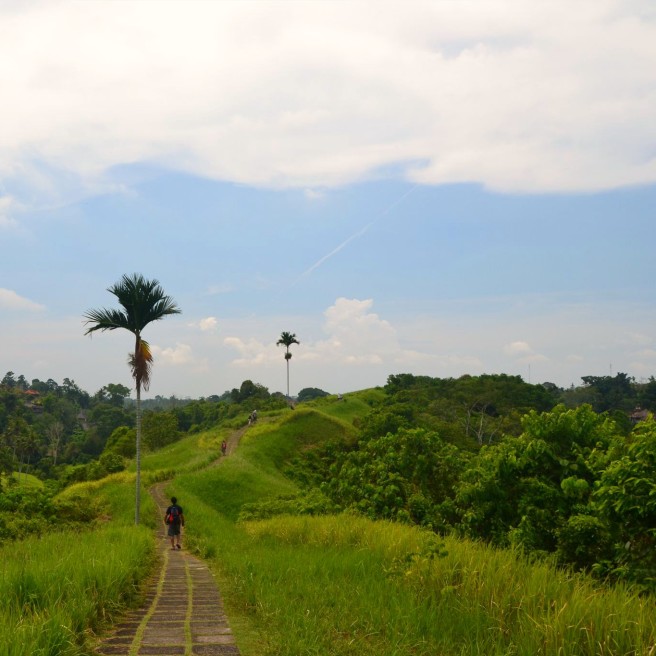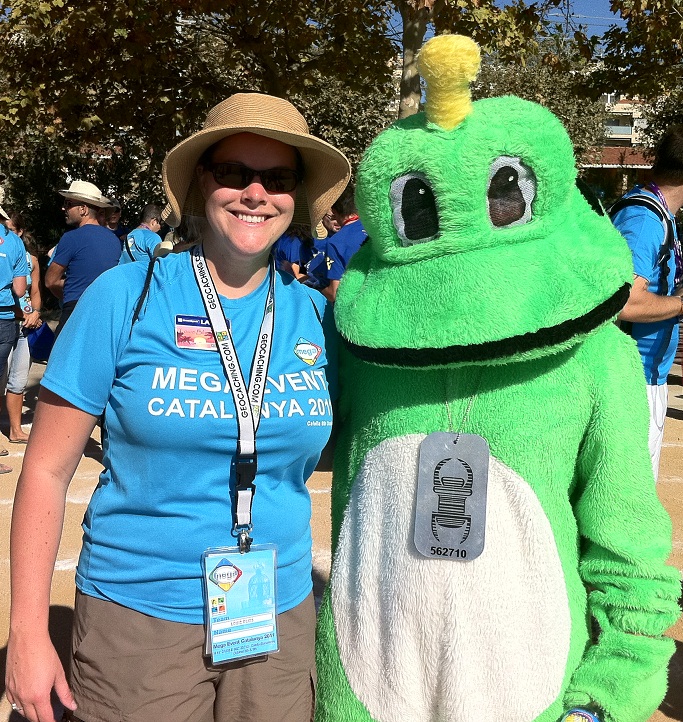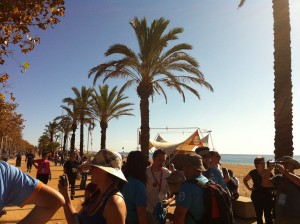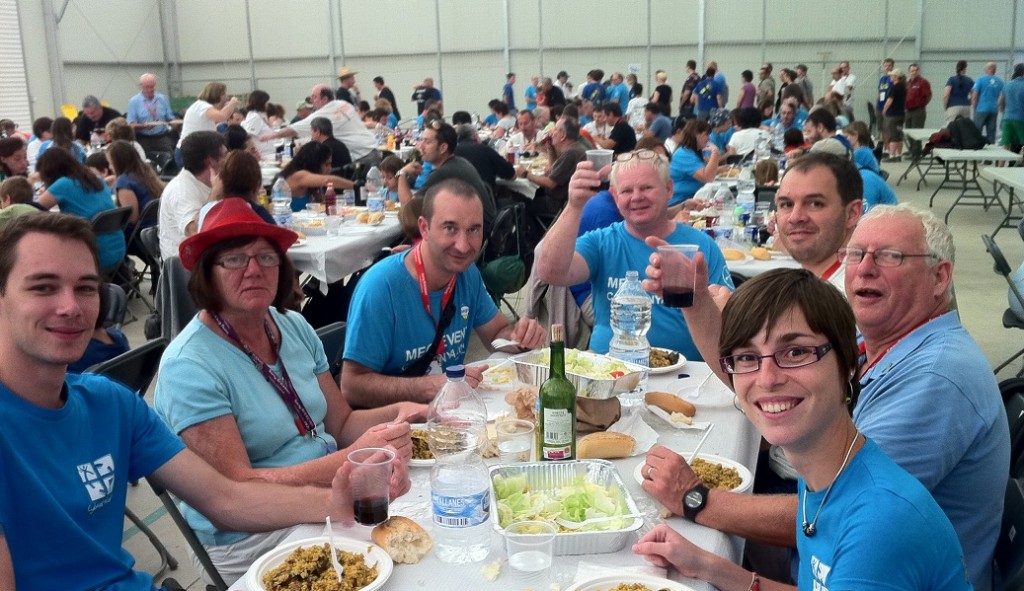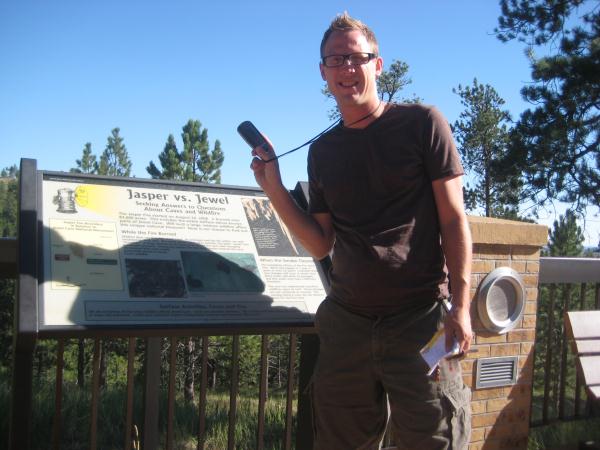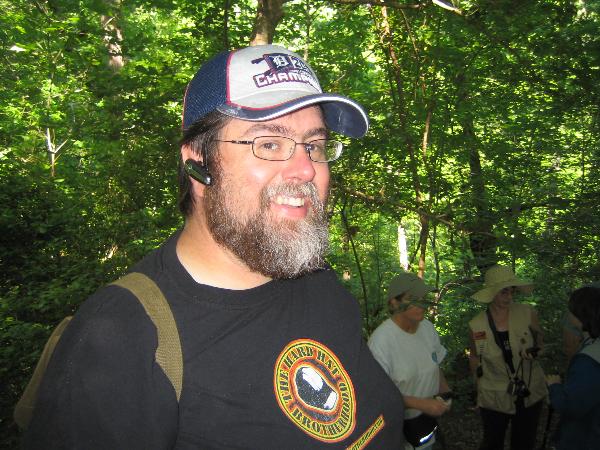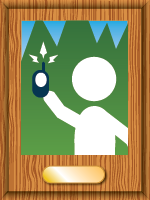So you’ve been geocaching for six months now… or is it six years? Whatever the number, there comes a time when you stop saying, “I go geocaching” and start saying, “I am a geocacher.”
At this point, you’ve probably found quite a number of geocaches and hidden a few as well. You’ve dipped your toes into different cache types, and you’ve played around with logging trackables. You’ve grown from a wee geo-acorn into a strong geo-oak tree.
Capitalize on your experience by mentoring newbie geocachers you encounter along the way. These five tips should help you get started.
1. Be kind, rewind, then pay it forward
So someone just logged “Found It!” on a geocache but in their log they wrote, “We searched everywhere but couldn’t find it today.” Did this person just log a find they didn’t actually earn? Yes. Did they commit a cardinal sin? No. Take a moment, give a newbie the benefit of the doubt, and kindly remind them that to log a find, they have to find the log! Your interaction with this person may be the first contact they’ve ever had with another geocacher, so be kind and pay it forward.
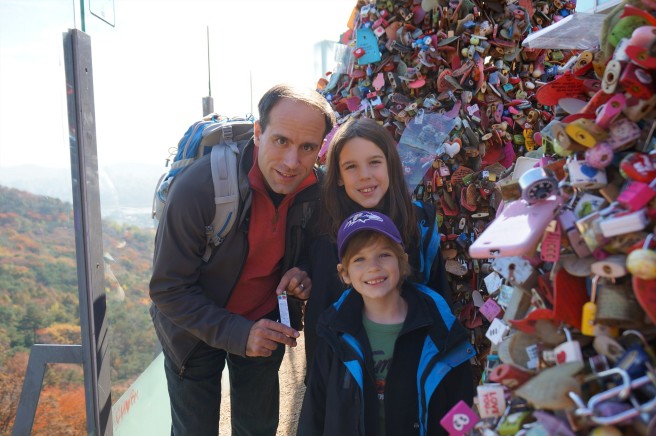
2. Teach them the ways of the log
Are newbies always writing short logs (TFTC) on your geocaches, and you want more, more, more? Send them this friendly link to motivate them to channel their inner Billy Shakespeare: 5 Tips for Writing the Best Log in the World.
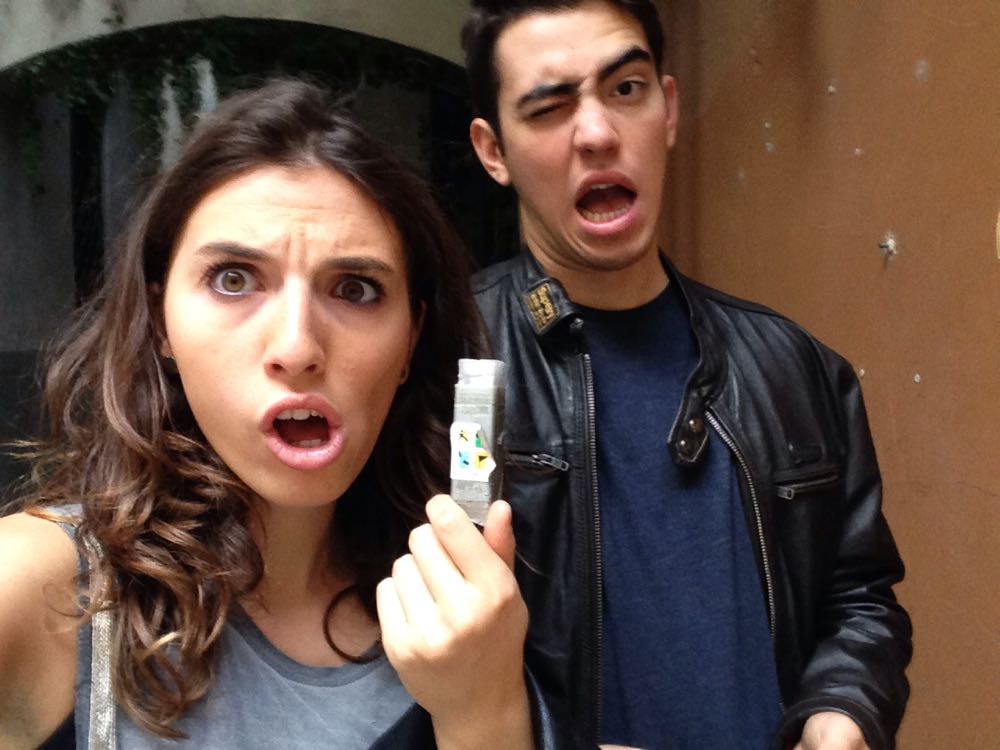
3. Give a lesson in trackable etiquette
If you own a geocache that’s big enough for trackables, include a friendly note about trackable etiquette. And better yet, include a description of what trackables are and how to log them! New geocachers are often confused about the difference between trackables and SWAG, and what better place to have information about this than in the geocache itself.

4. Be the hostess with the mostest
Whether you’re hosting or attending an event, make sure new geocachers are welcome, included in the conversation, and feel comfortable. As a host, make a new geocacher’s life easier by putting up a “We’re Geocachers!” sign at your table so they know where to find you. As an attendee, take ownership of making the new cacher feel comfortable, especially if you’re lucky enough to live in a tight-knit geocaching community.
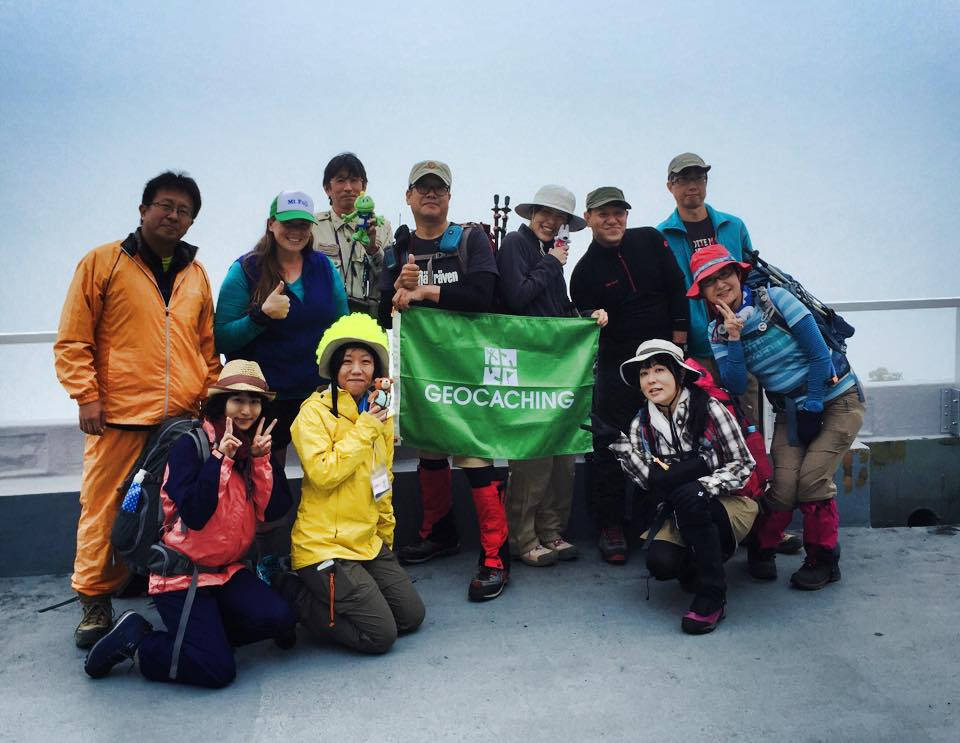 5. There are no stupid questions — and newbies have TONS of questions
5. There are no stupid questions — and newbies have TONS of questions
“What does ‘TFTC’ mean? What’s a ‘Jasmer‘? What are those question-mark geocaches in the middle of the lake?” We all know the jargon like the back of our hand, but all this geo-speak can be overwhelming to a new geocacher. Be a Jedi to padawans and teach them to use the force. The way our community grows positively is by educating those who actually want to learn. And don’t forget to tell them about our forums, Help Center, and the online geocaching glossary.
